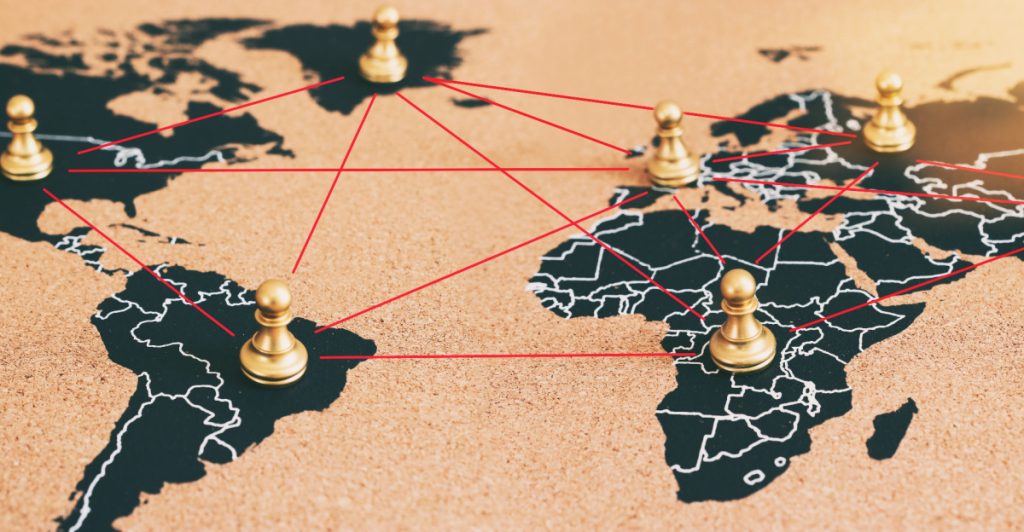Millions of tons of plastic continue to enter oceans, rivers, and lakes each year.
Others are reading now
After days of intense negotiations in Geneva, countries failed to reach an agreement on a long-awaited global plastic pollution treaty.
Talks ran past the Thursday midnight deadline, stretching into the night,but ultimately ended without a deal.
No Consensus Despite Overtime Efforts
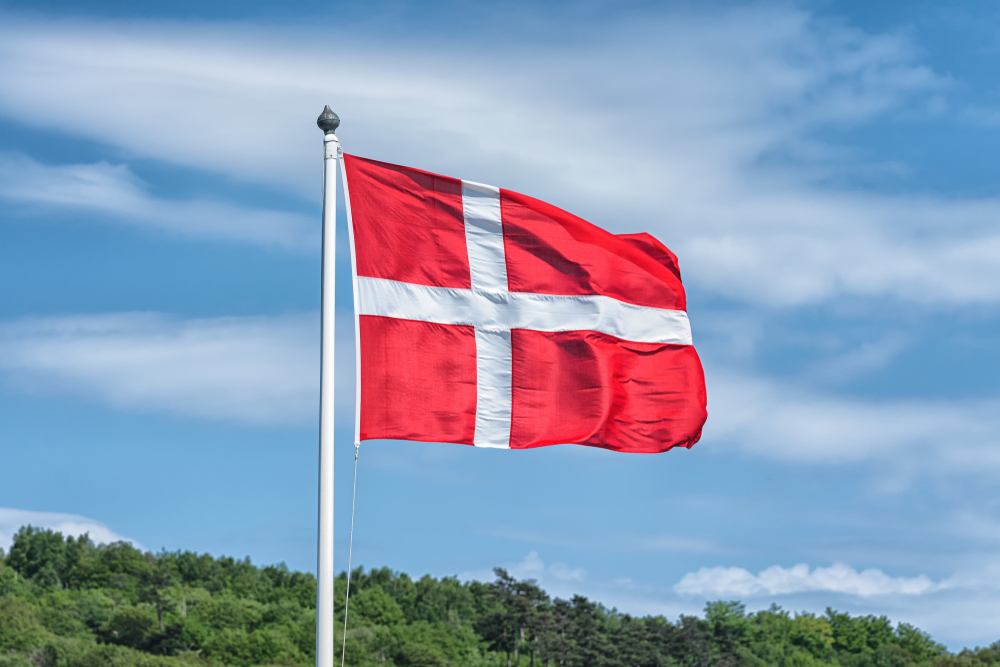
A draft treaty was presented earlier in the week, but key players like the EU, led in talks by Denmark’s environment minister Magnus Heunicke, found it unacceptable. Despite last-minute discussions, no common ground was found.
A Blow to Hopes for Unified Action
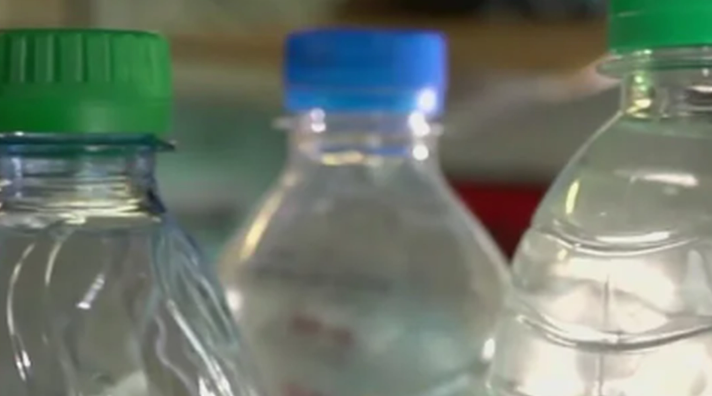
The breakdown of negotiations marks a major setback in the fight against plastic pollution, a crisis the UN calls one of the world’s biggest environmental challenges.
Millions of tons of plastic continue to enter oceans, rivers, and lakes each year.
Also read
Heunicke Represented the EU Bloc

Denmark, currently holding the EU presidency, took a leading role in negotiations. On social media, Minister Heunicke described the final hours as “tough,” hinting at the uphill battle negotiators faced.
Global Plastic Production Tops 400 Million Tons
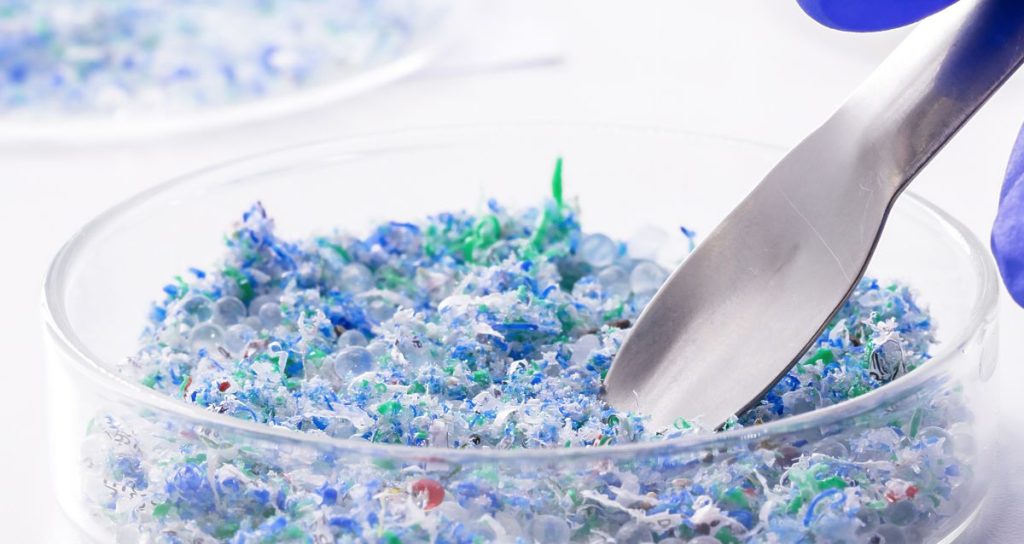
According to the UN, over 400 million tons of plastic are produced each year.
Yet only 9% is recycled. Roughly 50% is landfilled, while the rest is incinerated or ends up in the environment, often in illegal dumps or open burning sites.
Sharp Divides Between Nations
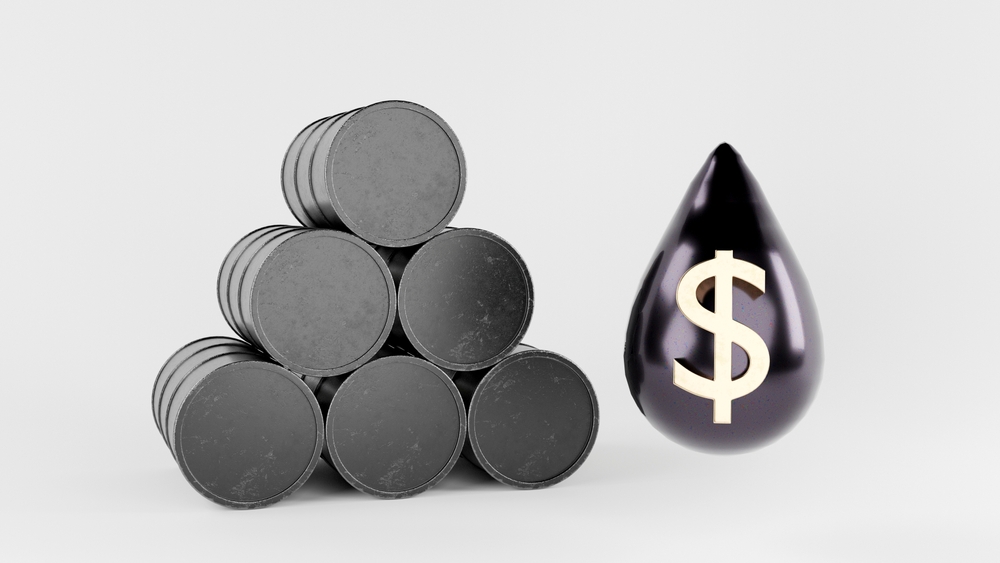
This was the fifth round of negotiations, and divisions ran deep.
A coalition of 95 countries, including Denmark, pushed for limits on both plastic production and waste. But oil-producing nations resisted those measures.
Also read
Oil Giants Oppose Production Caps

Countries like Saudi Arabia and Russia argued against setting global limits on plastic output.
According to Professor Kristian Syberg, they favored focusing on waste management improvements rather than restricting upstream production.
Core Disagreement: Production vs. Waste

The biggest point of contention was whether the treaty should cap plastic production or focus solely on post-use solutions like recycling and design improvements.
This split stalled any chance of consensus.
Plastic Pollution: A Growing Global Threat

The urgency is clear. Plastic is expected to nearly triple in production in the coming decades.
Also read
Much of it finds its way into oceans, food chains, and human bodies, raising serious environmental and health concerns.

